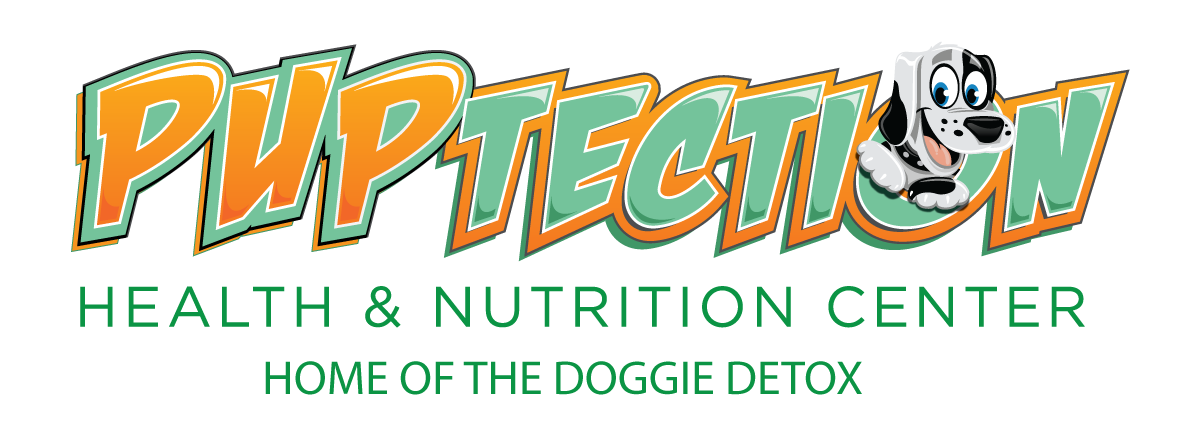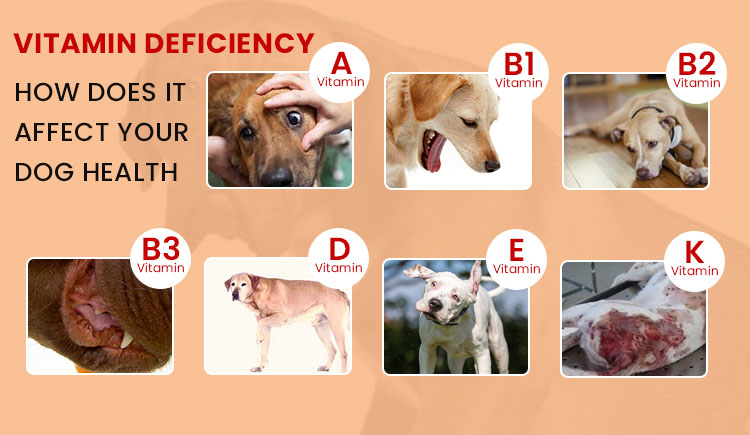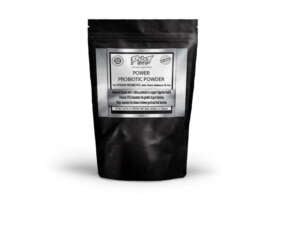No products in the cart.


1. Itching and Scratching
 Allergies vs. Nutritional Deficiency
Allergies vs. Nutritional Deficiency
Many allergy theories highlight that allergic reactions can stem from deeper imbalances, including nutritional deficiency in dogs. While dogs are frequently exposed to allergens, they only react when underlying issues, such as poor nutrition, stress, or other factors, make them vulnerable.
Impact on Skin Health
Persistent itching and scratching often indicate a nutritional deficiency in dogs. Poor-quality ingredients and high-temperature processing in pet food can lead to deficiencies that affect skin health. Essential nutrients like omega fatty acids and zinc are vital for maintaining healthy skin and preventing issues like excessive itching.
Identifying and Addressing Nutritional Deficiencies
Dry, flaky skin is a common sign of nutritional deficiency in dogs. This condition can result from specific deficiencies, such as “zinc responsive dermatitis” or a lack of fatty acids. To support your dog’s skin health, ensure they receive a balanced diet with necessary nutrients and consult your vet for appropriate supplements.
3. Poor Coat Condition
Signs of a Poor Coat
A dull, brittle coat can be a clear sign of nutritional deficiency in dogs. Healthy coats are shiny and resilient, while deficiencies often result in hair loss, excessive shedding, or a lackluster appearance. Essential fatty acids, such as omega-3 and omega-6, are critical for maintaining a healthy coat.
resilient, while deficiencies often result in hair loss, excessive shedding, or a lackluster appearance. Essential fatty acids, such as omega-3 and omega-6, are critical for maintaining a healthy coat.
Improving Coat Health
To improve coat condition, ensure your dog receives a diet rich in high-quality proteins and essential fatty acids. Supplements specifically designed to enhance coat health can also help. Regular grooming and a balanced diet can significantly improve your dog’s coat quality and overall appearance.
4. Unusual Fatigue or Lethargy
Recognizing Fatigue
If your dog appears unusually tired or lethargic, it could be a sign of nutritional deficiency in dogs. Proper nutrition is essential for maintaining energy levels and overall vitality. Nutrient deficiencies can lead to reduced stamina and decreased interest in regular activities.
Boosting Energy Levels
Addressing nutritional deficiencies with a balanced diet that includes essential vitamins, minerals, and quality proteins can help boost your dog’s energy levels. Ensure that your dog’s diet meets its specific needs based on age, size, and activity level to support optimal health and vitality.
5. Digestive Issues
 Identifying Digestive Problems
Identifying Digestive Problems
Frequent diarrhea, vomiting, or constipation can be signs of nutritional deficiency in dogs. A diet lacking in essential nutrients can disrupt normal digestive function, leading to gastrointestinal problems.
Supporting Digestive Health
To address digestive issues, provide a diet that includes easily digestible proteins, fibers, and essential nutrients. Probiotics and digestive enzymes can also be beneficial in maintaining a healthy digestive system. Consult with your veterinarian to determine the best dietary adjustments for your dog’s specific needs.
6. Behavioral Changes
Observing Behavioral Shifts
Changes in behavior, such as increased irritability or withdrawal, may indicate nutritional deficiency in dogs. A balanced diet supports not only physical health but also mental well-being.
Enhancing Behavioral Health
To improve your dog’s behavior, ensure its diet includes all necessary nutrients for brain health and overall well-being. Omega fatty acids, B vitamins, and other essential nutrients play a crucial role in maintaining a stable mood and cognitive function.
7. Weight Fluctuations
Noting Weight Changes
Unexplained weight loss or gain can be a sign of nutritional deficiency in dogs. Proper nutrition is crucial for maintaining a healthy weight and supporting metabolic functions.
Managing Weight
Provide a balanced diet tailored to your dog’s specific needs to manage weight effectively. Regular exercise and a diet rich in essential nutrients can help stabilize weight and promote overall health.
8. Frequent Infections
Recognizing Infection Signs
Frequent infections, including skin infections or ear infections, can indicate nutritional deficiency in dogs. Nutrient deficiencies can weaken the immune system, making dogs more susceptible to infections.
Strengthening Immunity
Support your dog’s immune system with a diet that includes essential vitamins and minerals. Supplements that boost immune function and regular veterinary check-ups can help prevent and manage infections.
9. Poor Wound Healing
Observing Wound Healing
Slow or poor wound healing can be a sign of nutritional deficiency in dogs. Proper nutrition is vital for effective wound repair and recovery.
Supporting Wound Recovery
Ensure your dog’s diet includes nutrients that support skin and tissue repair, such as vitamins A, C, and E, as well as protein and zinc. Proper nutrition can enhance the body’s ability to heal wounds more efficiently.
10. Dental Issues
Identifying Dental Problems
Dental issues, such as bad breath, gum disease, or tooth loss, may signal nutritional deficiency in dogs. A diet lacking in essential nutrients can impact oral health.
Improving Dental Health
Provide a diet that supports dental health, including crunchy foods or dental chews that help clean teeth. Ensure your dog receives adequate nutrients to maintain strong teeth and healthy gums.
Conclusion
Recognizing the signs of nutritional deficiency in dogs is crucial for maintaining your pet’s overall health and well-being. By addressing these deficiencies through a balanced diet and appropriate supplements, you can support your dog’s skin, coat, energy levels, digestive health, behavior, weight, immune system, wound healing, and dental health. Always consult with your veterinarian to determine the best dietary adjustments for your dog’s specific needs.
Always Consult Your Veterinarian First
If you have any serious concerns about your pet’s health, it is essential to consult with your veterinarian before taking any action.
Puptection Health & Nutrition Center Disclaimer
The information provided on Puptection Health & Nutrition Center’s website is for general informational purposes only and should not be considered as veterinary advice, diagnosis, or treatment. Always seek the guidance of your veterinarian for any concerns or questions about your pet’s health. Do not ignore or delay seeking professional veterinary advice based on information you have read on this website.




